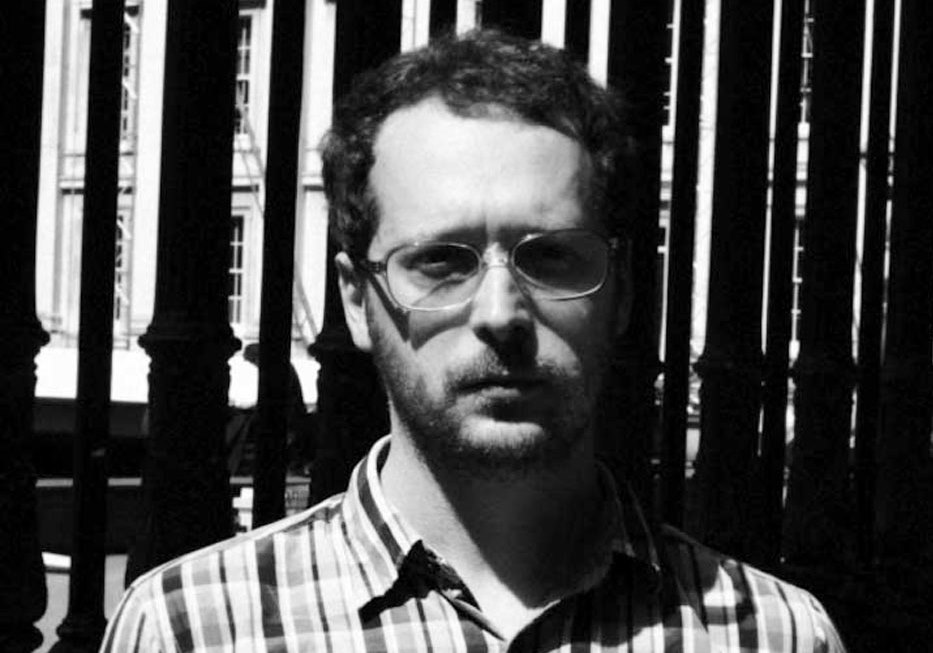

It’s an impossibly strange tale involving data pirates, reading sickness, fake accounts on social media, and the cultural wastelands of the English countryside. Throughout the night and a good chunk of the following day, he recounts in meticulous detail how he rebuilt his career as a spoken word poet and how it again all came crashing down. But that’s only the beginning of Wiese’s extraordinary story. With poetry now a viable and even popular literary genre, his work – which borrows heavily from other poets – is deemed by QACS to be “unacceptably derivative.” As such, he is “grey-listed” by the literary community. With the public’s faith “eroded to such a point… that even poetry becomes preferable to them,” the publishing companies (specifically their PR departments) develop a programme, the “quantitative analysis and comparison system” or QACS, that makes “previous plagiarism detection services resemble child’s play.” This leads us back to Wiese. As our narrator explains, “belief in the established standards and practices of the industry had begun rapidly to wane,” with literary agents and editors no longer willing “to vouch for their own judgements.” This “fissure of doubt” leads to a series of terrible publishing choices, culminating in two of the larger firms releasing books that they claim to be new but are, in fact, reprints. Wiese is the casualty of a publishing industry facing a crisis of originality. It’s there that our unnamed narrator, the editor of a mid-range literary journal, encounters Solomon Wiese, a once-acclaimed poet now spurned by London’s literary community. This includes the schism between spoken word and page poetry and claims that social media has cheapened the craft and created a cult of “personality poets.”ĭead Souls takes place at a literary festival in London, or more precisely a Travelodge bar near Waterloo Bridge where the conference attendees have gathered to get royally plastered. For all the barbs and deep cuts, Dead Souls is as much a piss-take of Riviere’s career (a decade back, he was viewed as part of a “brat pack” of emerging British poets) as it is a hilarious satire on the controversies that have surrounded “the poetry establishment” over recent years.


Riviere is, of course, famously a poet who runs an independent press (If a Leaf Falls Press) and has published numerous collections, including three from Faber & Faber. His shaggy dog tale of a second novel, Dead Souls, is, amongst other things, an evisceration of the poetry industrial complex: the poems, their authors, and the publishers. You’d be forgiven for thinking that Sam Riviere loathes poetry.


 0 kommentar(er)
0 kommentar(er)
